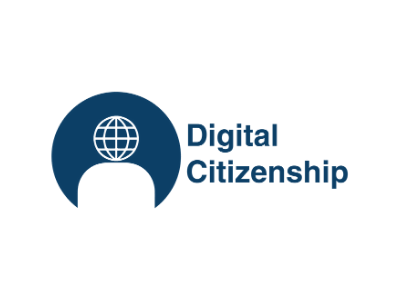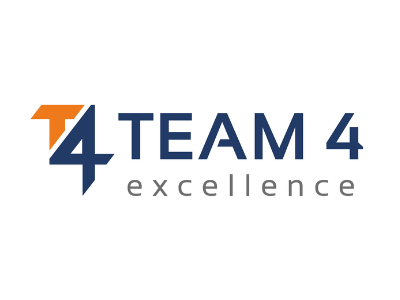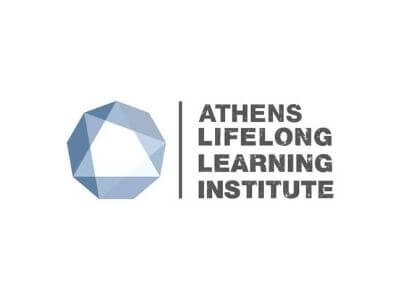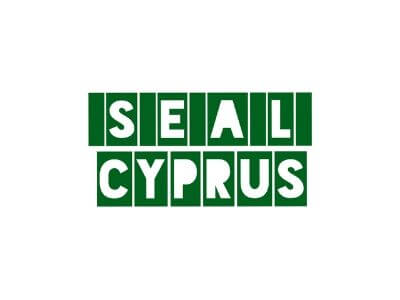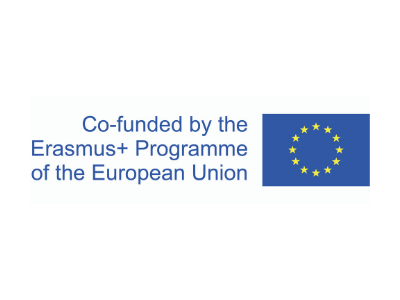Dalies kontūras
-
The importance of access and inclusion is crucial nowadays, in a 21st century which challenges us with the rapid growth of technologies.
This course consists of 5 modules. We invite you to go through the course materials at your own pace and take the assessments at your convenience. After completing all the steps, you can download your course completion certificate.
We wish you happy learning!
-
Click above to read and download the Moodle Practical Guide for Learners and Trainers.
-
-
The module “Access and inclusion” is fundamental to enabling learners’ online voice. More than this, it is crucial to teach learners how to enable other people’s voices so that the overall digital world becomes a more open and accessible environment with numerous positive spillovers into the physical world. This world has its very own rules that must be understood so that access and inclusion can be afforded to all undisturbed.
The Digital Citizenship Educational Handbook of the Council of Europe defines Access and inclusion as: “… access to the digital environment and includes a range of competences that relate not only to overcoming different forms of digital exclusion but also to the skills needed by future citizens to participate in digital spaces that are open to every kind of minority and diversity of opinion.”
As such, the course will impart to participants those necessary skills to fulfil this competence. It will teach learners how to guide themselves and others into more open attitudes and inclusive behaviours to embrace the diversity inherent in the online community and resolve conflicts by expressing oneself in more productive ways while guarding against unproductive divisive attitudes. The skills acquired will thus then translate well into the physical world and their everyday lives.
As such, Access and Incursion are combined together into one notion of openness. Democracy and acceptance go hand in hand. Anything that would bar Access and Inclusion in all its forms would become an unbearable constraint on Democracy and its humanitarian values such as that of openness and dialogue in the physical plane and vice versa. As such the range of topics to be developed are broad and include:
- What is Access?
- What is Inclusion?
- Why is Access and Inclusion Important
- How our mind works
- How to combat prejudice
- How democracy works
- How the digital makes democracy better
- Unacceptable behaviours, From Bullying to Fake News
- What you should know about the dangers of the Digital world
- How to stay safe and protect others
The importance of the topic should not be underestimated. The skills acquired here can well be used in the broader spectrum of life. The overall aim, beyond topic-specific knowledge and competencies acquired, is to use these to overcome prejudices, inherent in our society by being given the tools to understand them, their impact and how to alter patterns of thought as well as behaviors in ourselves and others. This will turn come to effect positive change that may help overcome those differences that may at times lead to the physical and digital divide.
-
Forum 1. You are invited to describe/ write down what you already know about the topic “Access & Inclusion"” Diskusijų forumas
Objectives:
- Identify barriers to access and inclusion
- Give feedback
- Recommend solutions
Tasks:
- Write down barriers to access and inclusion
- Write down solutions to your found Barriers
- Provide feedback to your classmates
Task 1: Start a discussion to share your media habits, lifestyles and preferences with your classmates.
Task 2: Reply twice to answer to at least two of your colleagues' posts.
-
- Gain your first Badge "Initiator"
-

This topic deals with the concept of prejudice in an objective light. It touches upon such issues as how our minds are wired to perceive the world around us, why understanding this is important as well as exploring ways to reduce our own prejudice.
Key Takeaways:
- Understand how the mind is set up to group others into categories
- Discover ways to help train against it
-
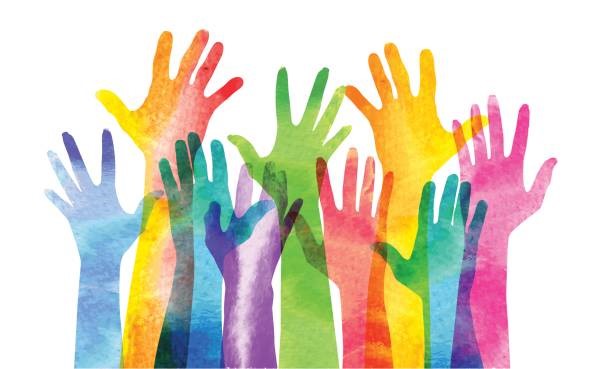
This topic deals with the fundamentals of Digital Democracy. It examines how the two interact, why it’s important to maintain democracy in both the physical and the digital world as well as finding ways to improve their effects.
Key Takeaways:
- Understanding digital democracy
- Understanding the interaction of the two
-

This topic deals with the fundamental danger of the digital world. It touches upon such issues as are what is trolling, fake news and so on while exploring the netiquette of things that is what you should and shouldn’t do in the digital world.
Key Takeaways:
- Understanding what constitutes acceptable behaviour
- Understanding the effects that unacceptable behaviour has on access and inclusion
-

This topic deals with the fundamentals of what it means to be a digital champion for good. It touches upon such issues as what you should know to protect yourself, how to protect others, its importance as well as exploring the requirements of achieving this concept truly.Key Takeaways:
■ Understanding how to protect yourself and others
■ Understanding what it takes to be a champion of the concept
-
You have reached the end of the course.
Congratulations for going through all the online course modules!
The link "Download your certificate for the Access and Inclusion course" will be available upon completing all the tasks listed below.
-
Acknowledgement. This learning material has received funding from the European Commission under the ERASMUS+ Grant Agreement 2019-3-RO01-KA205-078053, “Strategic partnership to develop open educational resources for teaching digital citizenship - DIGCIT”.
Disclaimer. The European Commission's support for the production of this publication does not constitute an endorsement of the contents, which reflect the views only of the authors, and the Commission cannot be held responsible for any use which may be made of the information contained therein.
Copyright notice. CC BY. This license allows reusers to distribute, remix, adapt, and build upon the material in any medium or format, so long as attribution is given to the creator. The license allows for commercial use. © 2020 - 2022 DIGCIT Consortium
